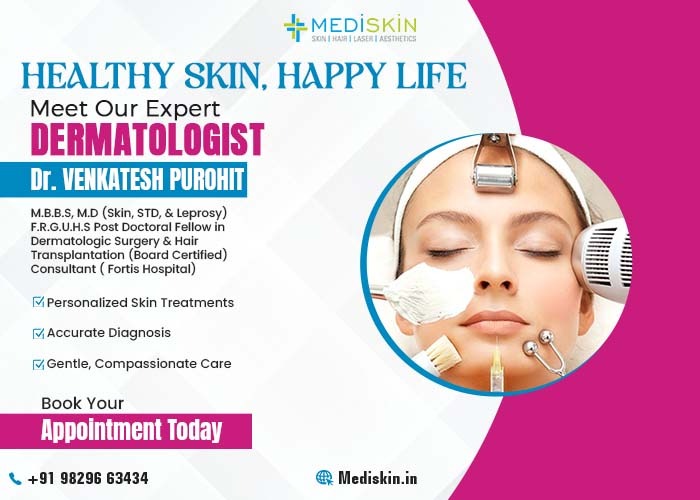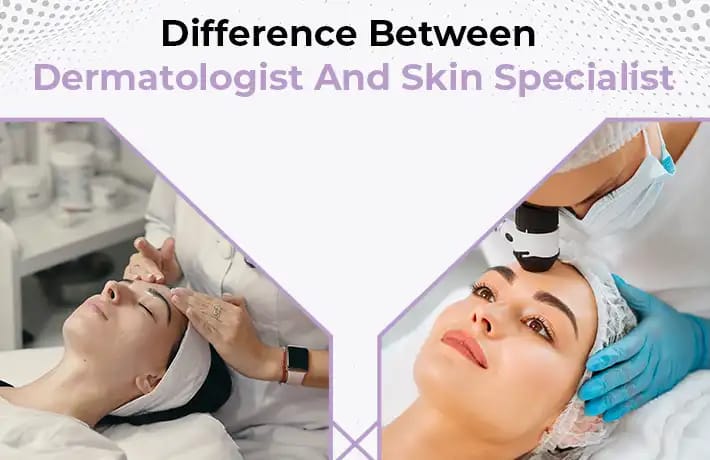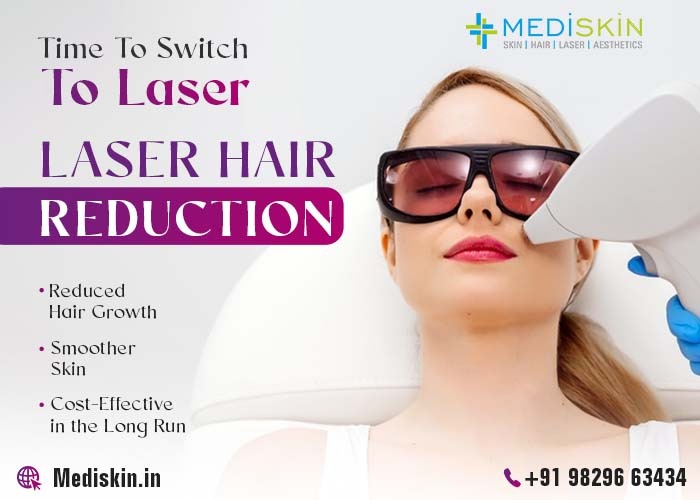Acne is a common skin condition that occurs when hair follicles become clogged with oil, dead skin cells, and sometimes bacteria, leading to inflammation. It can manifest as whiteheads, blackheads, pimples, cysts, or nodules. Understanding its causes and treatment is crucial for effective management.
Causes of Acne
- Excess Sebum Production: Overactive sebaceous glands produce more oil than needed, clogging pores.
- Clogged Hair Follicles: Accumulation of dead skin cells and oil can block follicles.
- Bacterial Growth: Cutibacterium acnes (formerly Propionibacterium acnes) thrives in clogged pores, leading to inflammation.
- Hormonal Changes: Androgens stimulate sebum production, often worsening during puberty, menstrual cycles, or pregnancy.
- Dietary Factors: High-glycemic foods, dairy products, and sugary items may exacerbate acne.
- Stress: Triggers hormonal changes that can worsen acne.
- Cosmetic and Skincare Products: Comedogenic products can block pores.
- Genetics: Family history increases susceptibility.
- Medications: Certain drugs like corticosteroids, lithium, and some birth control pills can trigger acne.
Treatment Options
Dr. Venkatesh Purohit or any experienced dermatologist would recommend a treatment plan based on the severity and type of acne:
Mild Acne (Whiteheads and Blackheads)
- Topical Treatments:
- Benzoyl Peroxide: Reduces bacteria and inflammation.
- Salicylic Acid: Unclogs pores by exfoliating skin.
- Retinoids (e.g., Adapalene, Tretinoin): Prevent pore blockage and reduce inflammation.
Moderate to Severe Acne (Papules, Pustules, and Nodules)
- Topical Medications:
- Clindamycin or Erythromycin: Topical antibiotics reduce bacteria.
- Combination Therapy: Benzoyl peroxide combined with a retinoid or antibiotic.
- Oral Medications:
- Antibiotics (e.g., Doxycycline, Minocycline): Reduce bacterial growth and inflammation.
- Hormonal Therapy:
- Oral Contraceptives: Regulate hormone levels.
- Spironolactone: Blocks androgen effects on sebaceous glands.
- Isotretinoin: A potent vitamin A derivative for severe, resistant acne.
- Procedures:
- Chemical Peels: Exfoliate the skin and reduce acne.
- Laser or Light Therapy: Targets bacteria and inflammation.
- Corticosteroid Injections: For painful cystic acne to reduce swelling quickly.
Maintenance Therapy
Once acne is controlled, maintenance treatment with retinoids or mild cleansers can help prevent recurrence.
Lifestyle and Home Care Tips
- Gentle Cleansing: Use a non-comedogenic cleanser twice daily.
- Non-Comedogenic Products: Ensure skincare and makeup products do not block pores.
- Dietary Modifications: Reduce sugar, processed foods, and dairy intake.
- Stress Management: Incorporate relaxation techniques like yoga or meditation.
- Sun Protection: Use non-comedogenic sunscreen to prevent post-acne pigmentation.
Why Consult a Dermatologist?
A dermatologist like Dr. Venkatesh Purohit can:
- Assess your skin type and acne severity.
- Tailor a treatment plan for optimal results.
- Perform procedures like extractions, chemical peels, or laser therapy.
- Monitor for side effects of medications like isotretinoin.
Effective acne treatment often requires a combination of approaches and professional guidance for the best outcomes.





